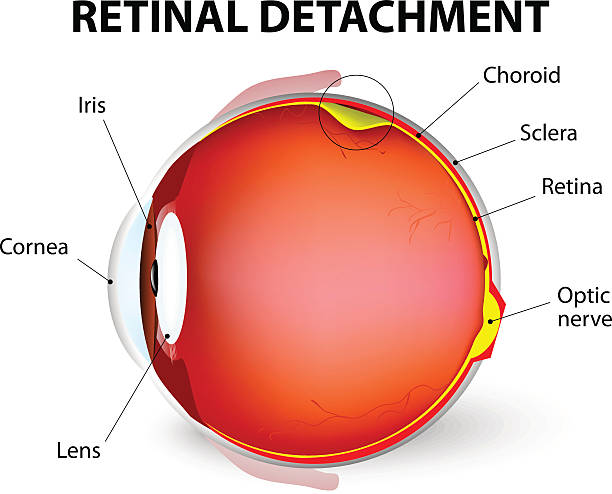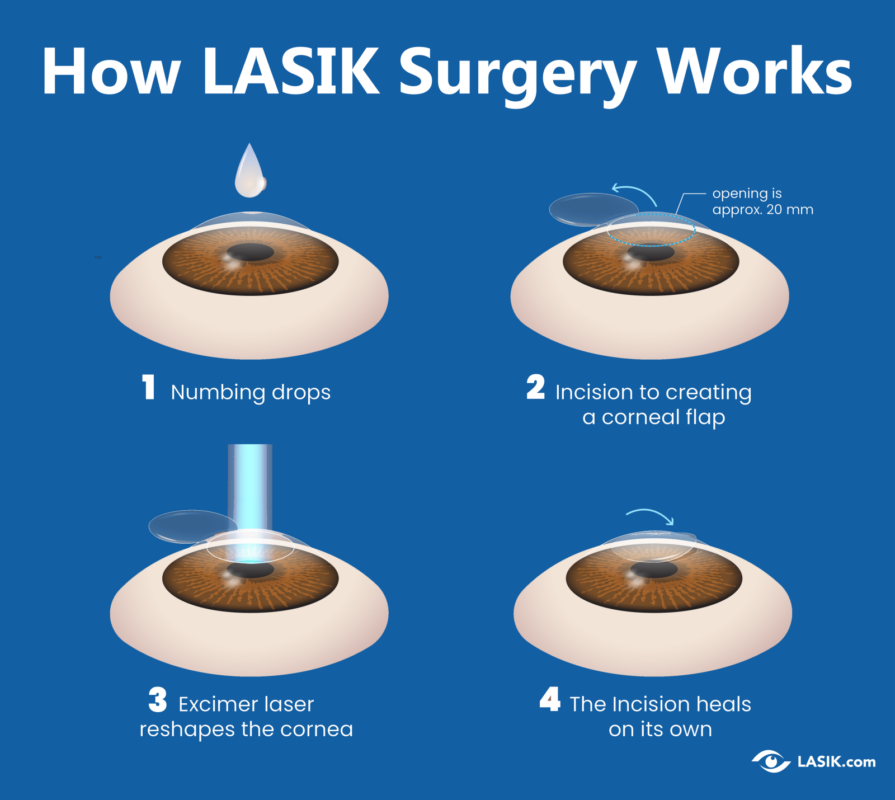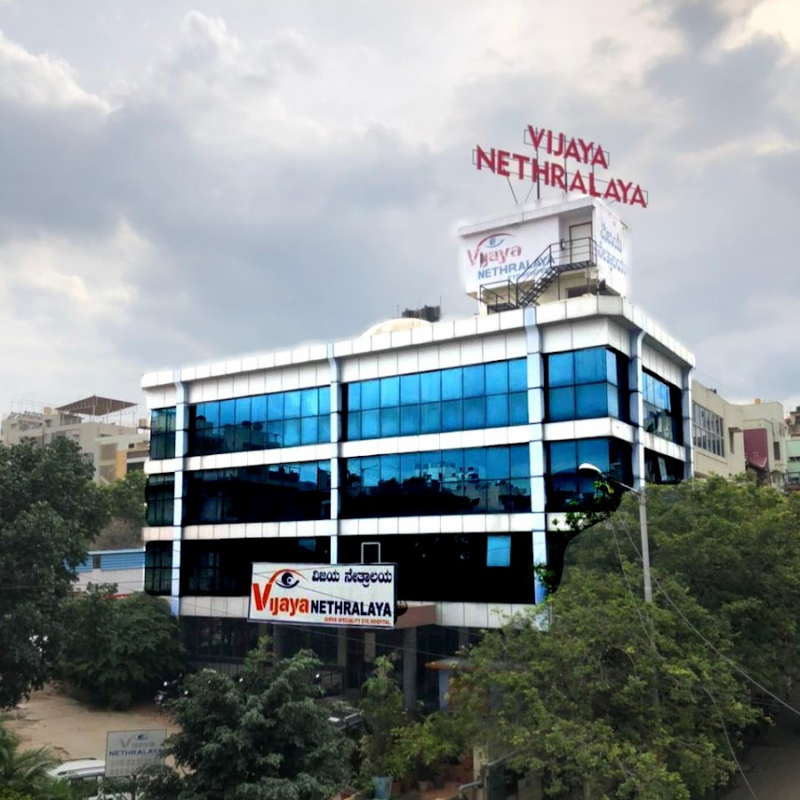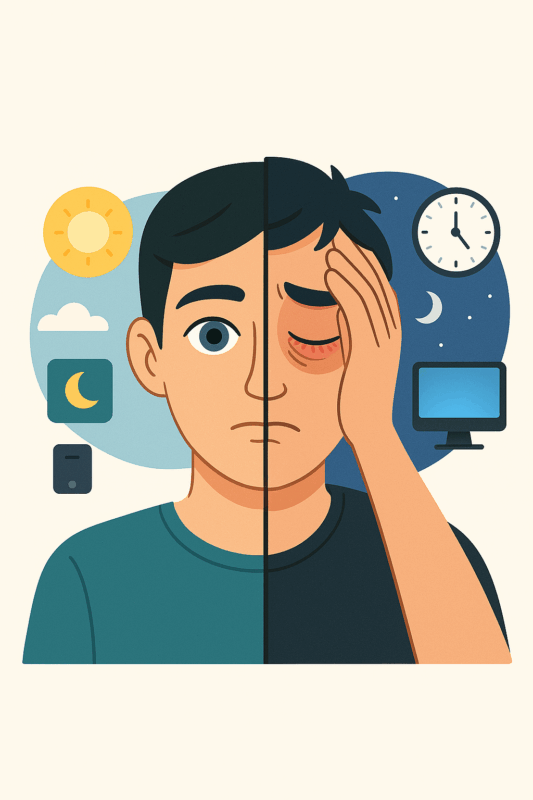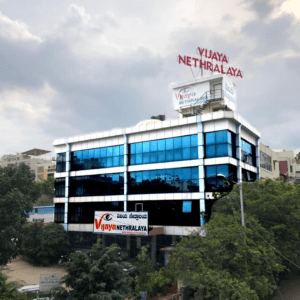Introduction:
Diabetic retinopathy is a serious complication of diabetes that affects the eyes, potentially leading to vision loss if left untreated. This article aims to provide comprehensive insights into diabetic retinopathy, including its causes, symptoms, and available treatments.
Diabetic Retinopathy:
Diabetic retinopathy is a condition that affects the blood vessels in the retina, the light-sensitive tissue at the back of the eye. It occurs when high blood sugar levels associated with diabetes damage the small blood vessels in the retina, leading to vision problems.
Causes of Diabetic Retinopathy:
The primary cause of diabetic retinopathy is diabetes, particularly when it’s poorly controlled. High blood sugar levels over time can damage the blood vessels in the retina, causing them to leak fluid or bleed. Factors such as long-standing diabetes, uncontrolled blood sugar, high blood pressure, and high cholesterol levels can increase the risk of developing this condition.
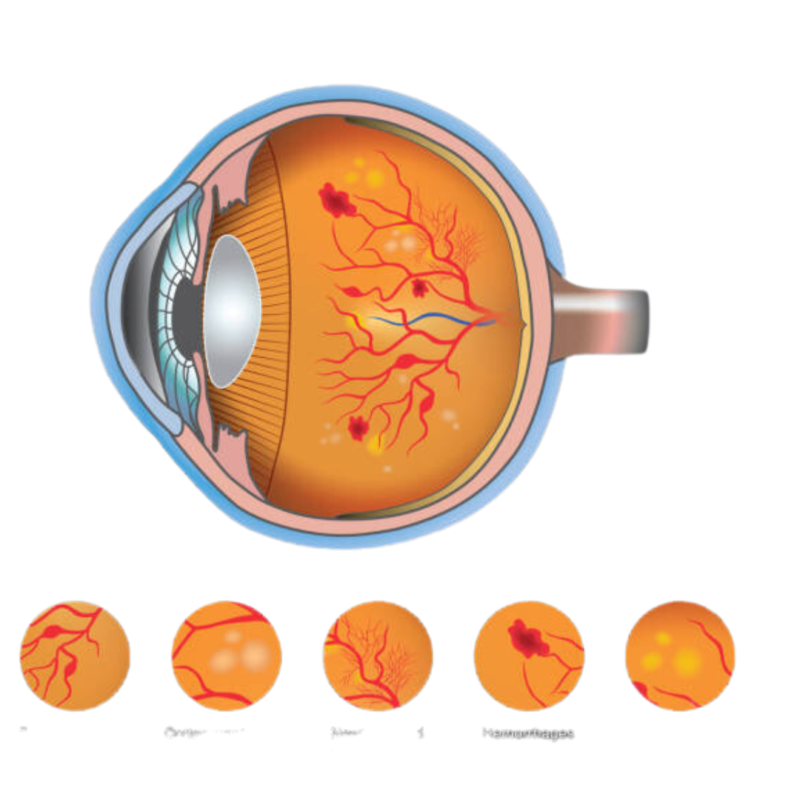
Symptoms of Diabetic Retinopathy:
- Blurred or fluctuating vision
- Floaters or dark spots in the vision
- Difficulty seeing at night
- Loss of central vision
- Changes in color perception
- Vision loss in severe cases.
Treatment of diabetic retinopathy:
Laser Therapy:
Laser treatment (photocoagulation) may be used to seal leaking blood vessels or to shrink abnormal blood vessels in the retina.
Injections:
Anti-VEGF medications can be injected into the eye to reduce swelling and prevent the growth of abnormal blood vessels.
Vitrectomy:
In advanced cases where there’s significant bleeding into the eye, a surgical procedure called vitrectomy may be necessary to remove blood and scar tissue from the vitreous gel.
Prevention of diabetic retinopathy:
- Keeping blood sugar levels under control
- Monitoring blood pressure and cholesterol levels
- Maintaining a healthy lifestyle with regular exercise and a balanced diet
- Quitting smoking, as it can worsen diabetic retinopathy
Author Details:
Dr. Sushruth Appajigowda holds a prominent position as a Cornea, Cataract, Glaucoma, and LASIK Surgeon in Bangalore. He serves as the chief Cataract and Refractive surgeon at Vijaya Nethralaya Eye Hospital, Nagarbhavi Bangalore. Renowned as one of the finest LASIK surgeons nationwide, he brings with him over 12+ years of experience across multiple LASIK platforms, including ZEISS, ALCON, SCHWIND, AMO, and Bausch and Lomb. Having successfully conducted over 5000 LASIK procedures, Dr. Sushruth holds the title of a Certified Refractive Surgeon and a Fellow of the All India Collegium Of Ophthalmology. Furthermore, he stands as a distinguished speaker at various National and International Forums, using his expertise to guide you in selecting the most suitable procedure based on your health requirements.

Lhttp://vijayanethralaya.com/link-in-bio/
Conclusion:
Diabetic retinopathy is a serious complication of diabetes that can lead to vision loss if not managed properly. Early detection through regular eye exams and appropriate treatment can help preserve vision and prevent further damage to the eyes. By managing diabetes effectively and adopting a healthy lifestyle, individuals can reduce their risk of developing diabetic retinopathy and maintain good eye health. If you have diabetes, it’s essential to work closely with your healthcare team to manage your condition and protect your vision.

